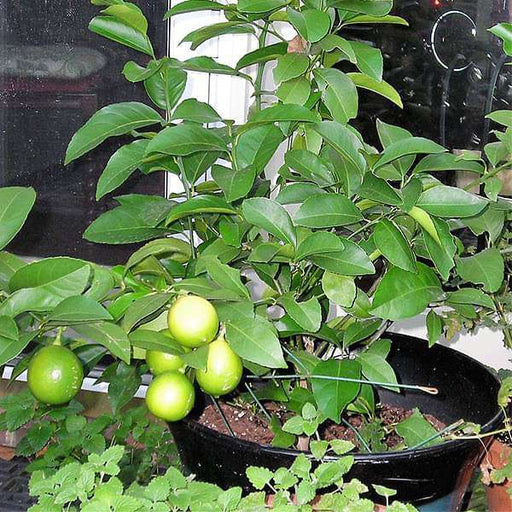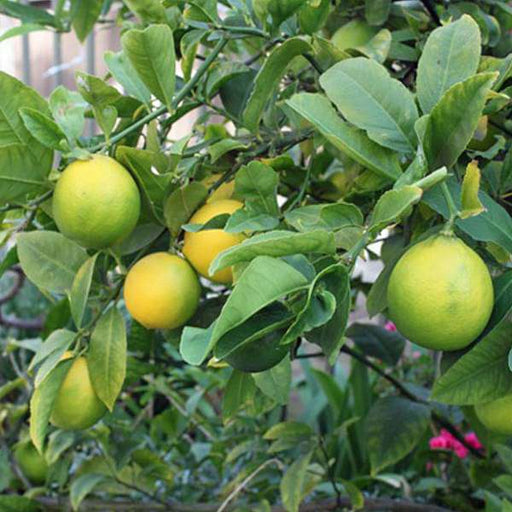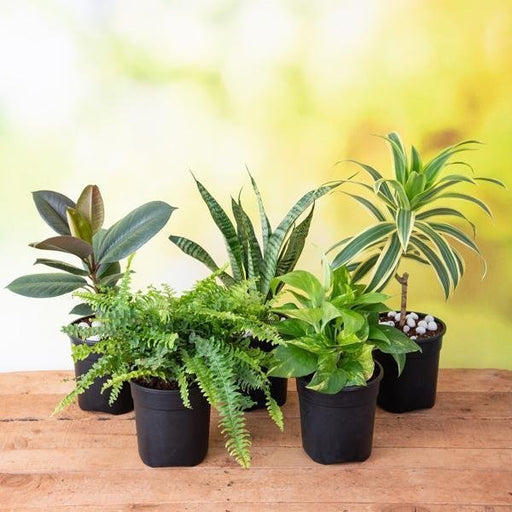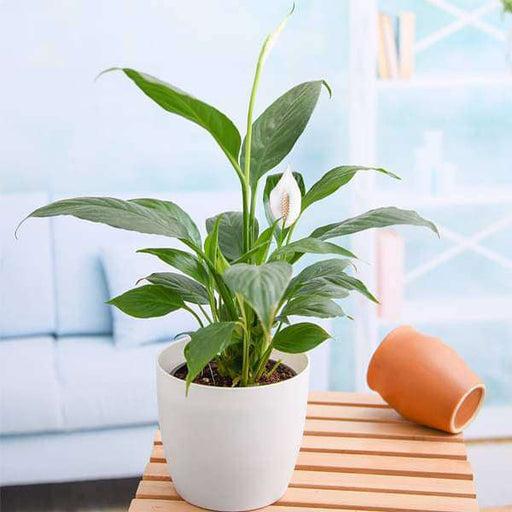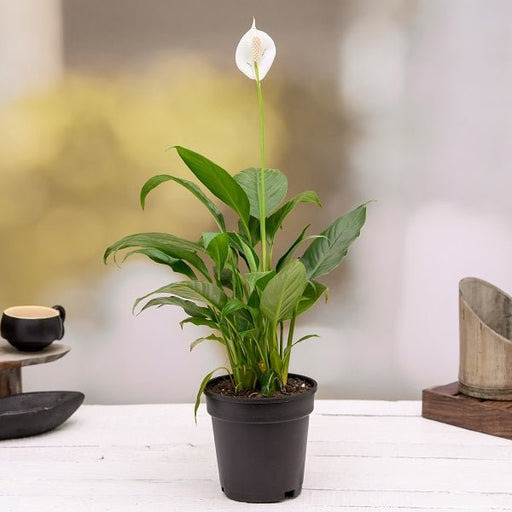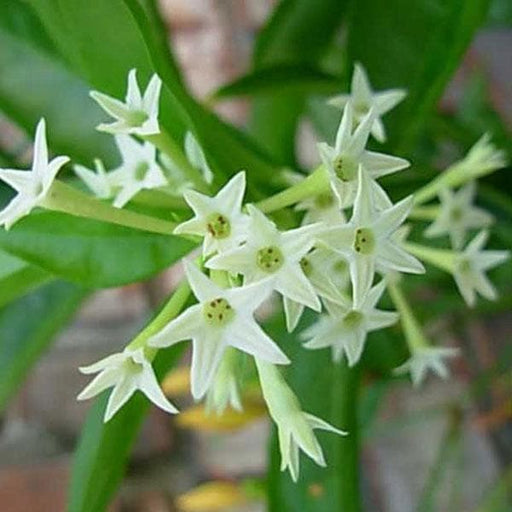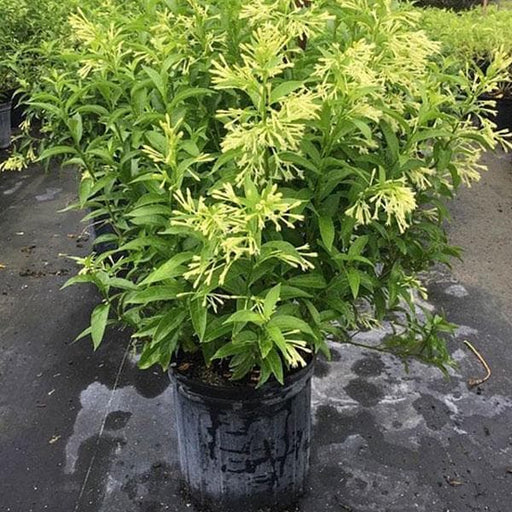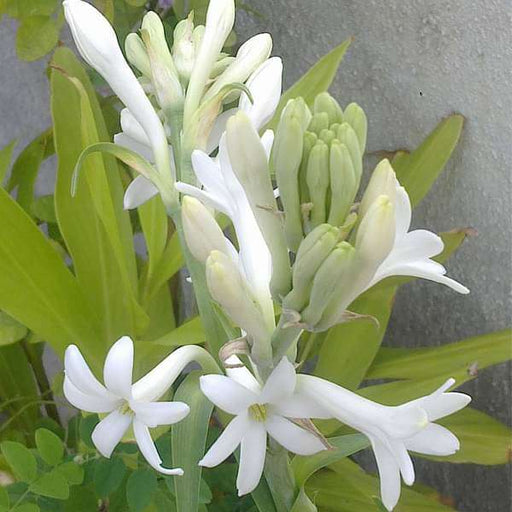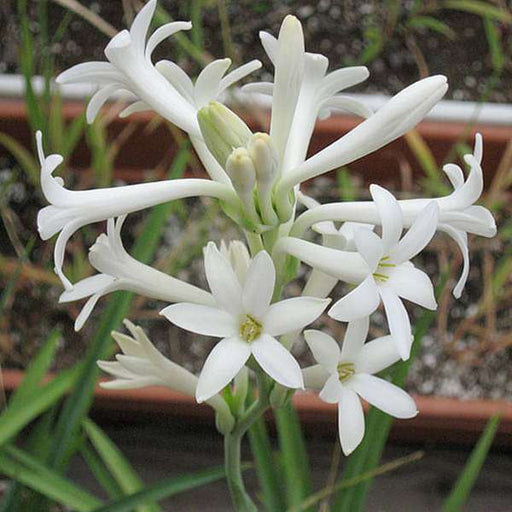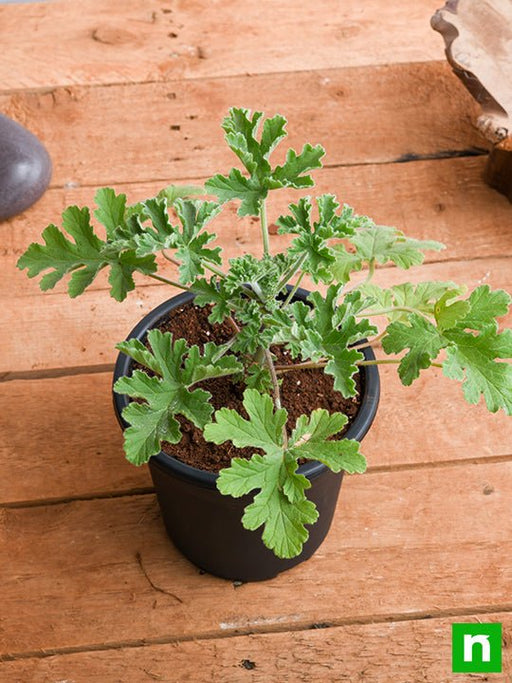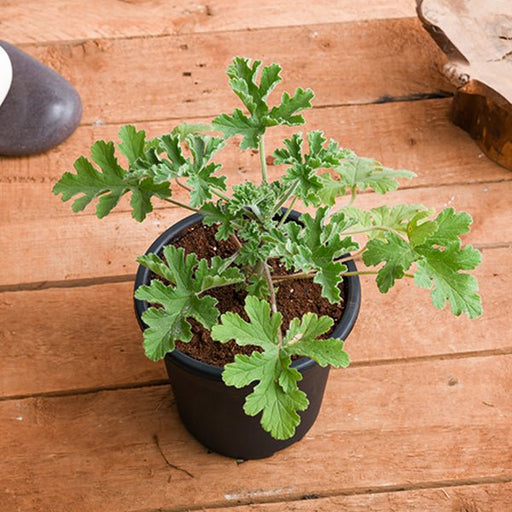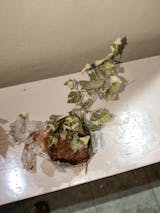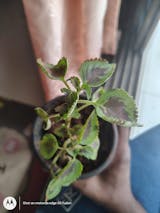Lemon tree care
Taking care of a lemon tree involves a variety of tasks, from pruning to watering to fertilizing. Understanding the best practices for lemon tree care can help you ensure your tree stays healthy and productive.
Lemon tree pruning
Pruning is an important aspect of lemon tree care, as it helps to shape the tree and promote healthy growth. Understanding the best times and methods for pruning a lemon tree can help you keep your tree in top condition.
Lemon tree pests
Lemon trees can be susceptible to a variety of pests, including aphids, scale, and spider mites. Understanding how to identify and treat these pests can help you keep your tree healthy and productive.
Lemon tree diseases
Lemon trees can also be vulnerable to diseases such as citrus greening and citrus canker. Understanding how to identify and prevent these diseases can help you protect your lemon tree and ensure its longevity.
Lemon tree propagation
Propagating lemon trees is a great way to create new trees from existing ones. Understanding the best methods for lemon tree propagation can help you expand your citrus orchard and enjoy fresh lemons for years to come.
Dwarf lemon trees
Dwarf lemon trees are a popular option for small gardens or containers. Understanding the unique care requirements for dwarf lemon trees can help you grow a healthy and productive tree in a limited space.
Lemon tree varieties
There are many different varieties of lemon trees available, each with its own unique flavor and characteristics. Understanding the different lemon tree varieties can help you choose the perfect tree for your garden or orchard.
Lemon tree pruning tools
Pruning a lemon tree requires the right tools, including pruning shears, loppers, and saws. Understanding the best tools for pruning a lemon tree can help you get the job done safely and effectively.
Lemon tree soil
The soil in which a lemon tree is planted can have a big impact on its growth and health. Understanding the best soil for lemon trees can help you ensure your tree gets the nutrients it needs to thrive.
Lemon tree fertilizer
Fertilizing a lemon tree is an important part of its care regimen. Understanding the best fertilizers for lemon trees can help you provide the right nutrients to promote healthy growth and fruit production.
Lemon tree watering
Watering a lemon tree is a delicate balance between providing enough moisture for healthy growth and avoiding overwatering, which can lead to root rot. Understanding the best watering practices for lemon trees can help you keep your tree healthy and productive.
Lemon tree harvesting
Knowing when and how to harvest lemons is an important part of growing lemon trees. Understanding the best harvesting techniques can help you ensure your lemons are ripe, juicy, and delicious.
Lemon tree companion plants
Planting companion plants around your lemon tree can help promote its health and productivity while also providing additional benefits such as pest control or soil improvement. Understanding the best companion plants for lemon trees can help you create a thriving garden ecosystem.
Lemon tree climate requirements
Lemon trees have specific climate requirements, including warm temperatures and plenty of sunlight. Understanding the best climate conditions for lemon trees can help you choose the right location for planting and ensure your tree thrives.
Lemon tree propagation techniques
There are several different techniques for propagating lemon trees, including air layering and grafting. Understanding the different propagation techniques can help you choose the best method for your specific needs.
Lemon tree rootstock
Choosing the right rootstock is an important part of propagating lemon trees. Understanding the different rootstock options can help you choose the best one for your specific climate and soil conditions.
Lemon tree container gardening
Growing lemon trees in containers is a popular option for those with limited garden space. Understanding the unique care requirements for lemon trees grown in containers can help you successfully grow and harvest your own lemons.
Lemon tree winter care
Lemon trees can be sensitive to cold temperatures, and may require special care during the winter months. Understanding the best practices for winterizing your lemon tree can help you protect it from frost damage and ensure its health and productivity.
Lemon tree propagation from seed
Growing lemon trees from seed can be a fun and rewarding project, but it requires patience and attention to detail. Understanding the best practices for lemon tree propagation from seed can help you successfully grow your own lemon tree from scratch.
Lemon tree spacing
Proper spacing is important when planting lemon trees, as it can affect their growth and productivity. Understanding the recommended spacing for lemon trees can help you plan your garden or orchard and ensure your trees have enough room to thrive.




